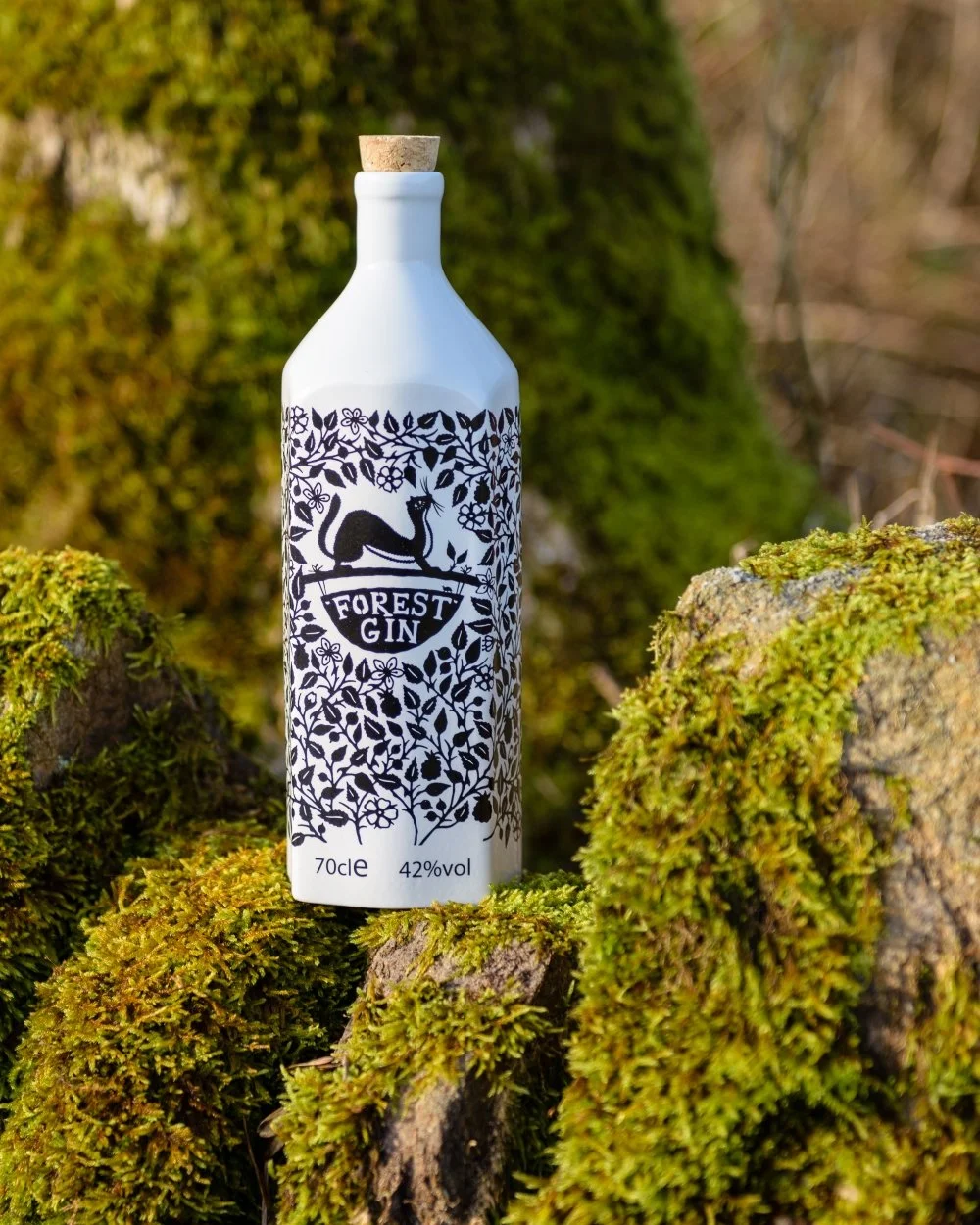London Packaging Week: An Opportunity To Advance Sustainability
London Packaging Week: An Opportunity To Advance Sustainability
London Packaging Week (15-16 October) is an opportunity for businesses to come together with packaging suppliers, designers, and developers to inspire each other and drive future innovation. With leaders in packaging design coming together from across the globe, lets discuss one of the most pressing challenges that packaging and consumer product companies face: minimising environmental impact.
Globally, we produce 2.01 billion tonnes of waste annually (World Bank, 2018). This staggering figure highlights one of the key challenges that world leaders sought to address when setting the global goals in 2015, to better the quality of life for all, including future generations.
These goals became known as the Sustainable Development Goals (SDGs), with SDG 12 being Responsible Consumption and Production. SDG 12 seeks to “ensure sustainable consumption and production patterns” (The Global Goals, 2025), with a specific target (12.6) under this heading being to encourage organisations to create and adhere to more sustainable practices as they grow. By minimising waste, companies can contribute towards these important goals.
Adopting a circular economy approach, driven by waste avoidance strategies such as where waste from one industry is the raw material for another, alongside full waste management and sustainable business practices, could lead to a net gain of USD $108.5 billion per year (UNEP, 2024). As well as these wider economic advantages, companies can reduce their own costs while embedding circular principles by omitting unnecessary materials from their packaging or reusing and upcycling materials, for example.
With customers being ever more eco-conscious, making environmentally friendly changes to your packaging and products can also help you attract those seeking sustainable brands. It is becoming increasingly apparent due to new surveys and reporting that consumers are ever more mindful of how their own lifestyles contribute to the sheer amount of waste being produced. Some reports show that consumers are often willing to pay more for products if they come with the guarantee that the company implements more sustainable and greener practices (PWC, 2024).
So, not only is going green better for the planet, it has the advantage of attracting customers and the potential to open up new market niches.
Here are just a few examples of how ESGmark® Certified companies already lead the way in sustainable packaging:
POSY® London’s natural deodorants, shampoo bars, lip balms and bath salts are packaged using paperboard, glass and tins.
Disruptor London sets a bold example for the industry: their gender-inclusive, multifunctional bars challenge overconsumption with a “do more with less” ethos. By developing zero-waste, waterless formulas, packaged plastic-free and crafted in small batches, they show how responsible manufacturing and ingredient transparency lead to real impact. Their journey demonstrates that putting people and planet before profit isn’t just possible—it’s the future of personal care.
Forest Distillery produces whisky, gin, and rum in unique ceramic bottles designed to be repurposed or refilled via their refill initiative.
About ESGmark® Certification
ESGmark® Certification is a symbol of trust and distinction, allowing consumers to reliably identify organisations that go out of their way to ensure their products and services contribute toward a fairer, and more sustainable future. To learn more about ESGmark® Certification, get in touch with us today or request more information here.
Discover more ESGmark® Certified brands here.
Learn more about SDG 12: Responsible Consumption and Production here.
Learn more about Circular Economy here.
Sources:
Kaza, S., Yao, L.C., Bhada-Tata, P. and Van Woerden, F. (2018). What a Waste 2.0: A Global Snapshot of Solid Waste Management to 2050. [online] openknowledge.worldbank.org. Washington, DC: World Bank. Available at: https://openknowledge.worldbank.org/entities/publication/d3f9d45e-115f-559b-b14f-28552410e90a.
PWC (2024). Consumers willing to pay 9.7% sustainability premium, even as cost-of-living and inflationary concerns weigh: PwC 2024 voice of the consumer survey. [online] PwC. Available at: https://www.pwc.com/gx/en/news-room/press-releases/2024/pwc-2024-voice-of-consumer-survey.html.
The Global Goals (2025). Goal 12: Responsible consumption and production. [online] The Global Goals. Available at: https://globalgoals.org/goals/12-responsible-consumption-and-production/.
UNEP (2024). Global Waste Management Outlook 2024. [online] UNEP - UN Environment Programme. Available at: https://www.unep.org/resources/global-waste-management-outlook-202



